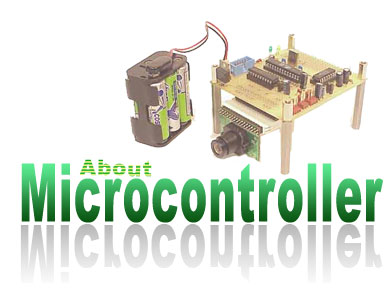Quantum's technology combined with Atmel's picoPower AVR Microcontroller's gives best in class capacitive touch solutions with low energy consumption.
San Jose, CA, September 19, 2007 Atmel® Corporation (Nasdaq: ATML) and Quantum Research Group (UK) announced today that Atmel has licensed Quantum's QTouch™ and QMatrix™ capacitive touch technologies. Quantum's intellectual property (IP) will be programmed into Atmel picoPower™ AVR® microcontrollers (MCUs), enabling the devices to be used for both touch sensing and many other control functions, for example driving motor controls, LEDs and displays. QTouch technology is used for simple keys, while QMatrix is used for larger keypad arrays and keyboards. In addition, Atmel has obtained a license to QWheel™ and QSlide™ applications, which are used for rotary and linear touch controls respectively.
Quantum's patented charge-transfer capacitive sensing is more robust than alternative capacitive touch sensors. Spread-spectrum modulation ensures a high degree of electromagnetic compatibility and a superior signal-to-noise ratio for reliable operation. The all-digital technology features automatic calibration of devices on power-up and automatic drift compensation over the life of the product in which it is used. Where touch keys are packed closely together, for example on a mobile phone, Quantum?s patented Adjacent Key Suppression (AKS) technique avoids false triggering of nearby keys, only registering touch on the intended key.
Atmel's planned capacitive touch parts will incorporate AVR microcontrollers with picoPower energy saving techniques. The microcontrollers have a modern and effective core suited for Quantum's touch technologies. The AVR architecture ensures both high processing capability and good performance. In addition, its true 1.8V operation and multiple sleep modes increase the battery life in hand-held, battery-operated products such as mobile phones and media players. More information on picoPower
Quantum has used Atmel Microcontrollers for several years to create devices under its own brand name. The company has successfully established the technology in consumer, industrial, IT and automotive applications and, more recently, in hand-held devices, particularly mobile phones. Atmel is now licensing the technology for its own chips. Atmel's global network of sales and technical support channels is available to help customers implement capacitive touch controls in their products.
Link :Atmel News
About Microcontroller
Atmel Licenses Quantum Capacitive Touch Technology
9/25/2007

Free Magazines
Download this guide to learn and understanding everything you need to know about the Raspberry Pi computer, system specs, the software it runs and the amazing project based on this little PC.
PEI is the leading magazine for the global electric power generation and transmission industry. PEI provides articles on new technologies and installations and analysis.
Subscribe Fof Free!
EDN magazine provides how-to solutions for design engineers in the electronics industry. Engineers turn to EDN because they know they will always find valuable design techniques that they can use to do their jobs faster.
Subscribe Fof Free!
More Free Engineering Magazine
Followers
Headlines
Electronics Links
Recent Posts
Freelance Projects
Any logo, trademark and project represented here are property of their respective owner

0 Comentar:
Post a Comment